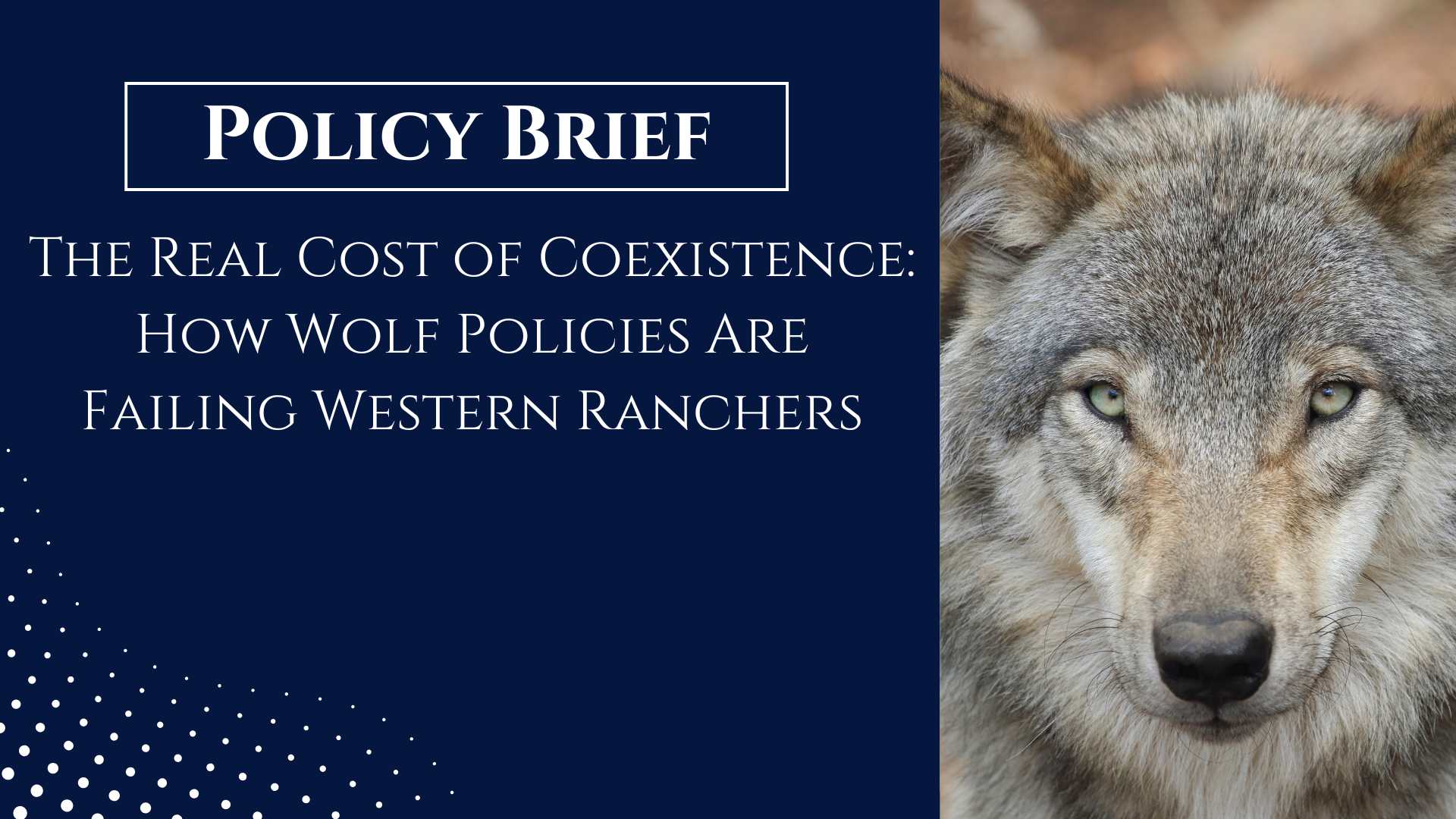Legislation (ESSB 5172) that would protect Washington farmers from a potentially catastrophic court ruling on retroactive pay, passed out of the Washington State Senate by a vote of 37-12 at the 11th hour last night with some significant changes to its language. Democratic State Senators hailed it as a victory for modernizing agriculture by ushering in a 40-hour work week. Republican Senators expressed concerns during the floor debate on the revisions to the bill.
What does the bill do now?
The bill as passed last night provides “that the safe harbor provision applies to all dairy employers, except members in the class of plaintiffs in Martinez-Cuevas v. DeRuyter Bros. Dairy, 196 Wn.2d 506 (2020).” It also provides protection from overtime lawsuits to all other agricultural employers.
The bill also removed provisions for compensatory accounts that would have provided $5,000 payments to any farmworker who had logged 1,300 working hours on a farm during any 12-month period between 2017 and 2024.
What is next?
The bill moves to the Washington State House where it will likely be assigned to the Labor and Workplace Standards Committee for consideration and refinement.
What needs to be refined?
The Senate debate highlighted some concerns about the bill that can be worked through in the House.
The notion of a 40-hour work week is difficult to imagine for most people in agriculture. The shift has already occurred in the dairy sector and has caused some unintended consequences that have hurt dairy employees. In some cases, hours have been capped at 40, leaving dairy employees with no overtime hours and less income than when they were working 55 hours a week.
There was little dispute about a phased in approach to paying time-and-a-half to farmworkers throughout the agricultural community. However, lowering the threshold for when that time-and-a-half is triggered to 40 hours simply cuts overtime pay out of the equation for most employers.
A better solution would be to either raise the threshold for when overtime wages are paid for all industry sectors with the exception of dairy, where the decision was made by the court, or create exemptions for seasonal needs. There are six other states in the U.S. with agricultural overtime wage provisions, all of them have hours thresholds that are 48 hours or more or grant exemptions during growing and harvest seasons.
In addition to concerns about the time-and-a-half threshold, some issues of non-wage compensation were raised during the Senate floor debate. In a food-centric community, it is not uncommon for employers to gift employees with Thanksgiving meals to feed their entire families or the equivalent of half a cow in frozen beef. These gifts to employees are not considered official wages but they are considered business expenses. So, how then, do agricultural employers rectify bonuses of that nature when the resources previously used to make such purchases will likely need to be set aside for time-and-a-half payments should they arise?
The same question must be raised for housing. Some farms offer on-site housing as part of a wage package. Offering housing to farmworkers is mutually beneficial. Farmworkers are not commuting and saving money that would otherwise be spent on rent. Agricultural employers are maintaining a workforce closer to their farm or ranch and ensuring their employees have access to a safe place to live. How does one calculate time-and-a-half on a W-2 when providing a home to an employee and his or her family?
There are several questions yet to be answered about ESSB 5172. But yesterday’s vote was not about presenting a perfect bill on the floor of the Senate; it wasn’t even about having all the answers. Yesterday’s vote was about keeping the hope of the original intention behind SB 5172 alive.
Now it is time to put our proverbial boots back on and get the next round of questions answered before bills from the opposite chamber can no longer be considered on April 11.






